In the War Remnants museum in Ho Chi Minh city there’s a black-and-white photograph of women in plain white saris marching down the streets of Kolkata protesting the American War in Vietnam. Kolkata was the city that raised the famous slogan “Aamar naam tomar naam, Vietnam Vietnam” (My name, your name, Vietnam, Vietnam).
Mamata Banerjee, today’s Didi in a plain white sari, resuscitated that old slogan from half a century ago, in her fight against demonetisation on Monday.
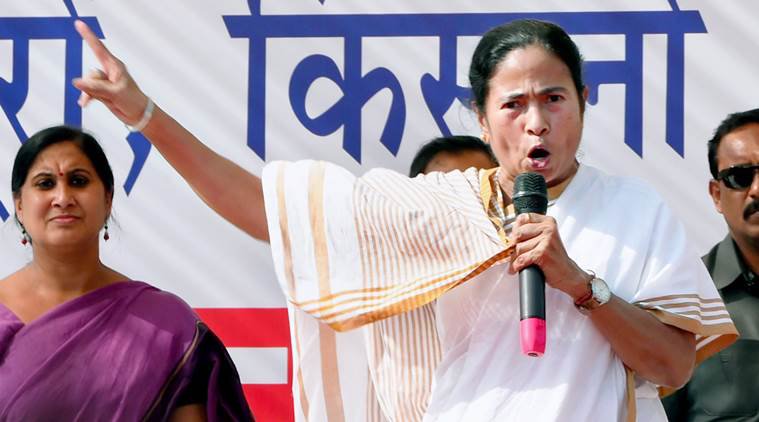
“I will appeal to the intelligentsia to join the movement against demonetisation across the country, like all of you did years ago during the Vietnam liberation war. The movement started from Kolkata at that time,” she told a rally in Kolkata.
This is vintage Mamata, leaping across time, space and certainly logic to somehow compare a foreign war with a domestic economic issue. It was another “Huh?” moment in a career strewn with many such moments that have left friends and foes alike scratching their heads.
Yet those of us who snicker at Banerjee’s peculiar turns of phrase, her melodramatic outbursts and mindboggling U-turns, do so at our own peril. Those who have mistaken her lack of syntax for a lack of political acumen have lived to regret it.
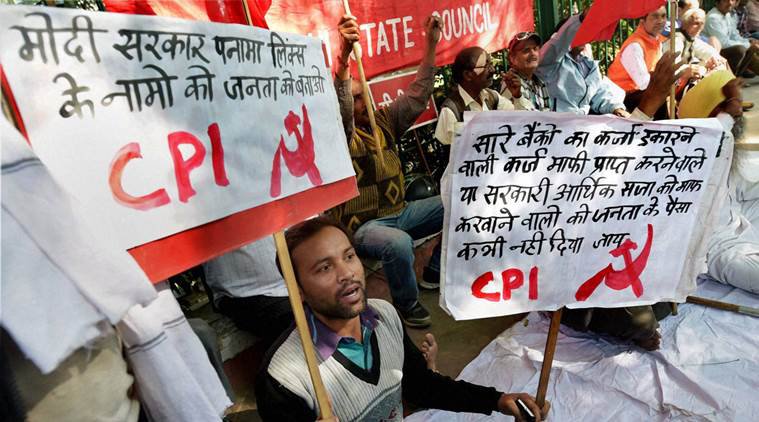
Just ask the Communist Party of India (Marxist) in West Bengal. Their call for a bandh against demonetisation fell flat on its face, with their rally in the heart of the city drawing about 200 people according to media reports. Didi pulled off an incredible balancing act, opposing both demonetisation AND the bandh and marshalling about a lakh of supporters.
“It does not matter whether I live or die, but now my only aim is to dislodge Modi babu from politics forever.” Mamata clearly sees demonetisation as a way to build, once again, a national profile for herself. She wants to project herself as Modi’s chief opposition even as she keeps insisting she is just a small person.
She was one of the first off the block in vehement opposition to the currency move, while many of the other opposition leaders were hemming and hawing. It was a risky strategy. The shadow of the Saradha chit fund scam still hangs over her party. The Bharatiya Janata Party has dismissed the opposition from the woman they dubbed “The Queen of Saradha” as the frustration of politicians whose black money is now just worthless paper. The Indian Express points out that West Bengal leads the pack of states with a surge in deposits in Jan Dhan accounts.
Yet, Mamata has done what she’s best at. She’s never let up. Didi keeps plugging away, going to Delhi, leading a delegation to the President, showing up on a platform with Arvind Kejriwal, making common cause with the Shiv Sena, and giving speeches in her Asit Sen-Hindi. While the intelligentsia and political pundits are chortling at her demonetisation poetry, she has made herself the face of the Opposition.
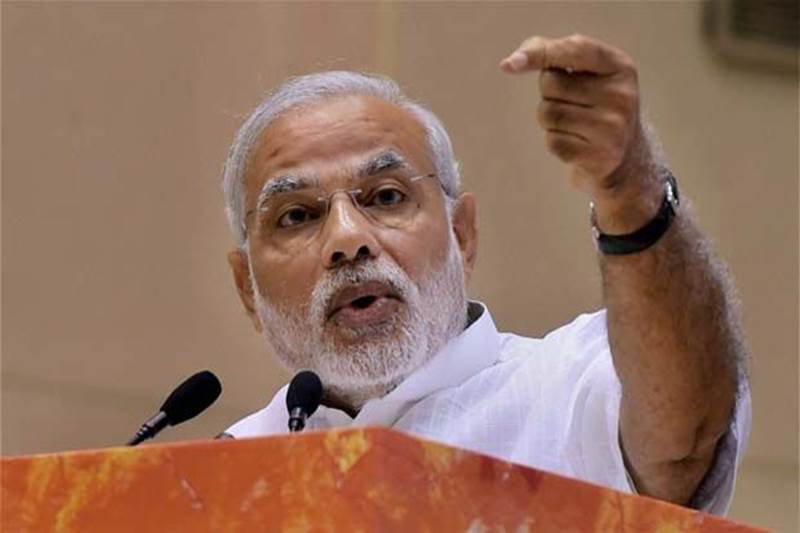
Narendra Modi is banking on the fact that while demonetisation has meant hardship for ordinary people, he still enjoys their goodwill. There is still the perception that this is being done for a greater good. He has wrapped the move in patriotic colours and is using his Mann ki Baat to sell the dream of a cash-free India. But just because there are no protests on the street, does not mean there are no rumbles of discontent. The government in its dogged defiance of all criticism can risk appearing tone-deaf to the plight of ordinary people just trying to make a living and pay their bills. It’s all about perception. If the mood does turn, Mamata Banerjee will be ready, writes Smita Gupta in The Hindu.
“In the craft of political communication, Ms Banerjee, like Mr Modi, chooses to either be for or against an issue, leaving little room for nuance,” writes Gupta.
Thus, a Nitish Kumar threads the needle, supporting demonetisation but opposing its implementation. Rahul Gandhi makes photo-op visits to ATMs. Mulayam Yadav says one thing, Amar Singh says another. In comparison to the lot, Gupta writes “Ms Banerjee alone has the same skill sets as Mr Modi at the hustings: tenacity, the ability to connect with people, and a Teflon-like quality that ensures that nothing negative sticks to her.” And with the Congress in terminal decline, Mamata knows the opposition to the BJP will come from a regional leader. Like her.
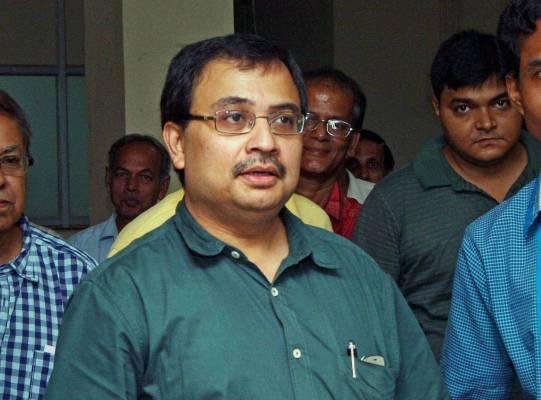
Suspended Trinamool MP Kunal Ghosh has said that in 2019 the “question will be who will be the prime ministerial candidate – Narendra Modi or Mamata”. Ghosh incidentally is suspended because he is a Saradha scam accused.
This does not mean Didi has not flopped and flopped spectacularly. Her national outing in the 2014 Lok Sabha elections was largely a flop show outside Bengal. Anna Hazare left her stranded on the stage in Delhi. Her attempt to steal the show during the presidential election backfired when Mulayam Singh Yadav betrayed her. But she is, if nothing else, the great political survivor.
Consider how she weathered the Saradha fallout. No one had any doubts about the linkages between Trinamool bigwigs and Saradha’s top bosses. Mamata however realised that for the poor people who lost their savings, their biggest need was restitution rather than retribution. So she set up a 500 crore recovery fund. “She has her finger on the populist pulse,” writes Dola Mitra in her book, Decoding Didi. Mamata, she writes, keeps her base in line by addressing those basic needs with an ad hoc solution, not a systemic one. For example, that 500 crore recovery fund financed in part by additional taxes on tobacco and a typically Mamata request to people to “smoke a little more”.
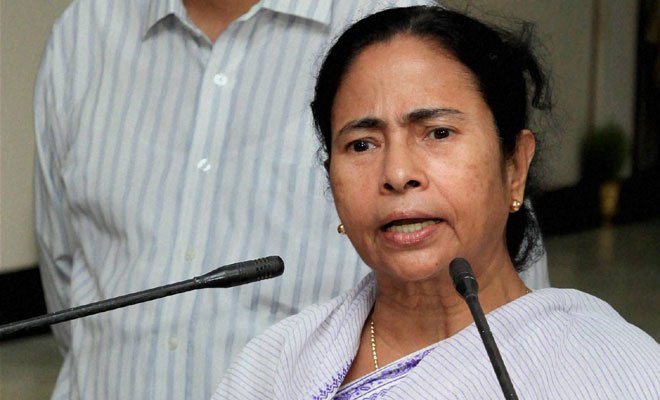
While we were snickering at that faux pas, Mamata was blunting the impact of the Saradha fallout on the Panchayat elections. “This haphazardly fashioned, bandage-styled remedy for their immediate crisis of livelihood was enough to keep them from revolting,” writes Mitra. “That’s not quite the same thing as keeping them happy, but when the reality for these people is accepting this or going hungry for the foreseeable future, it suffices.”
Mamata clearly feels that demonetisation could well be just such a populist issue. If its implementation remains botched, if people start to feel that those who should suffer are not really bearing the brunt of it, the issue could catch fire.
At that moment Demonetisation Didi will hope to become Demolition Didi.

















